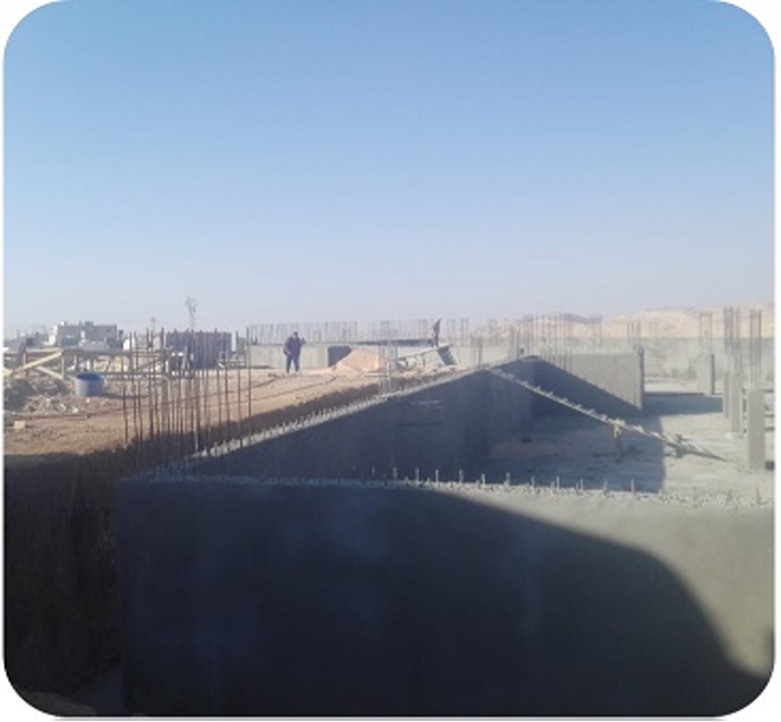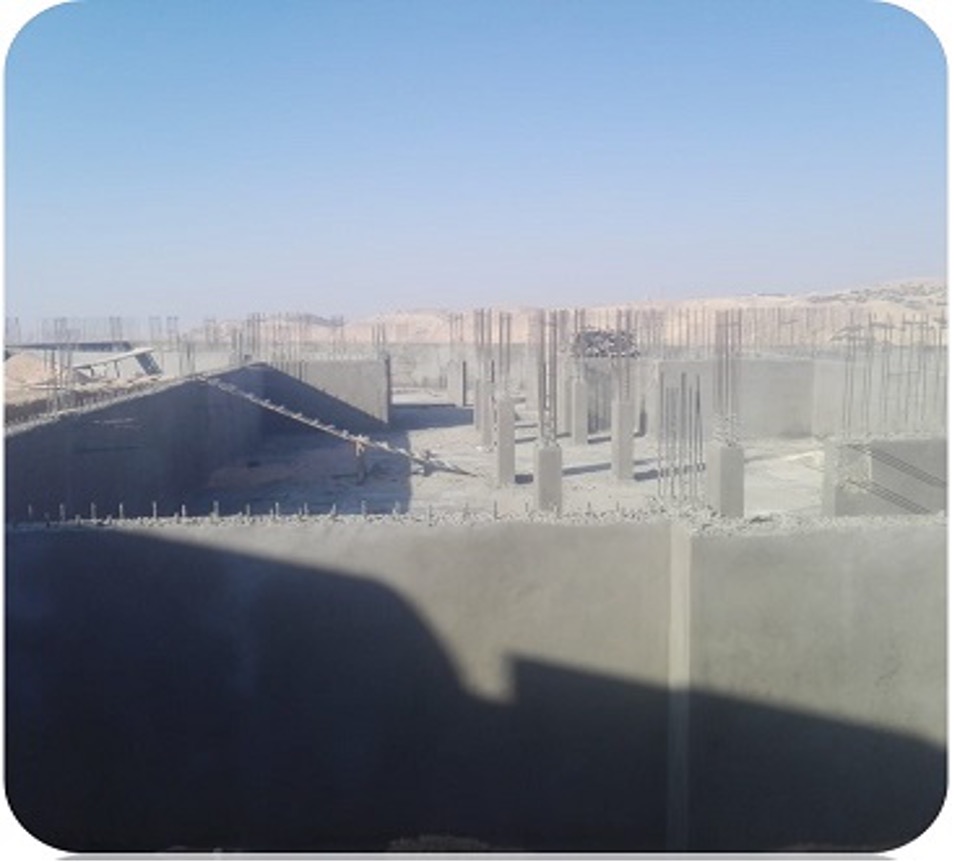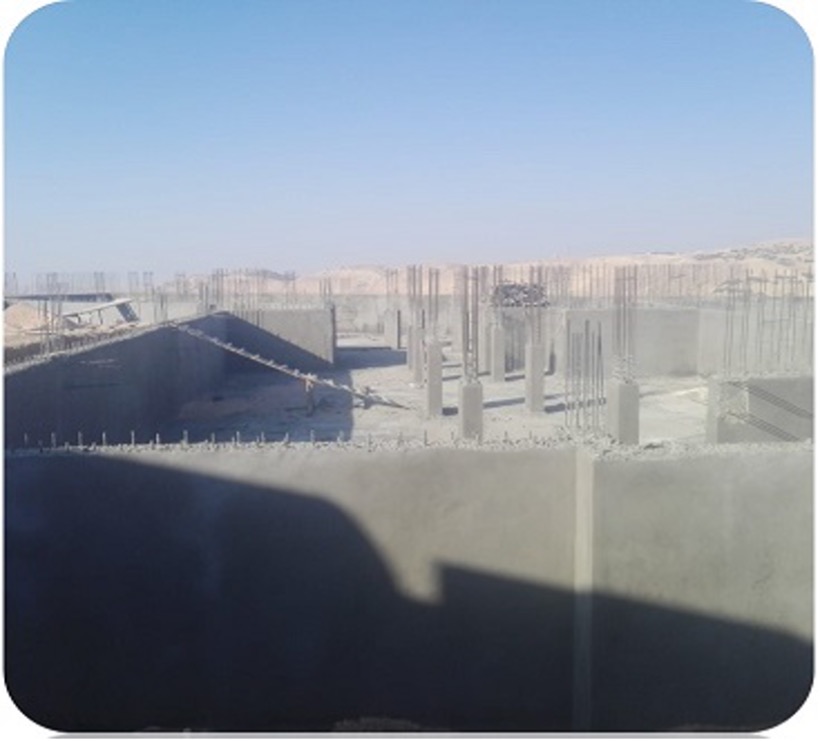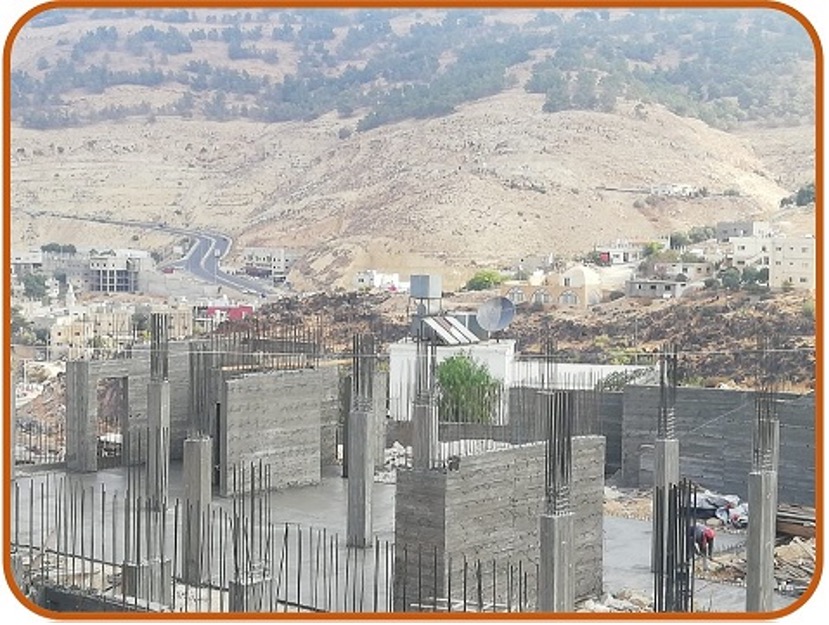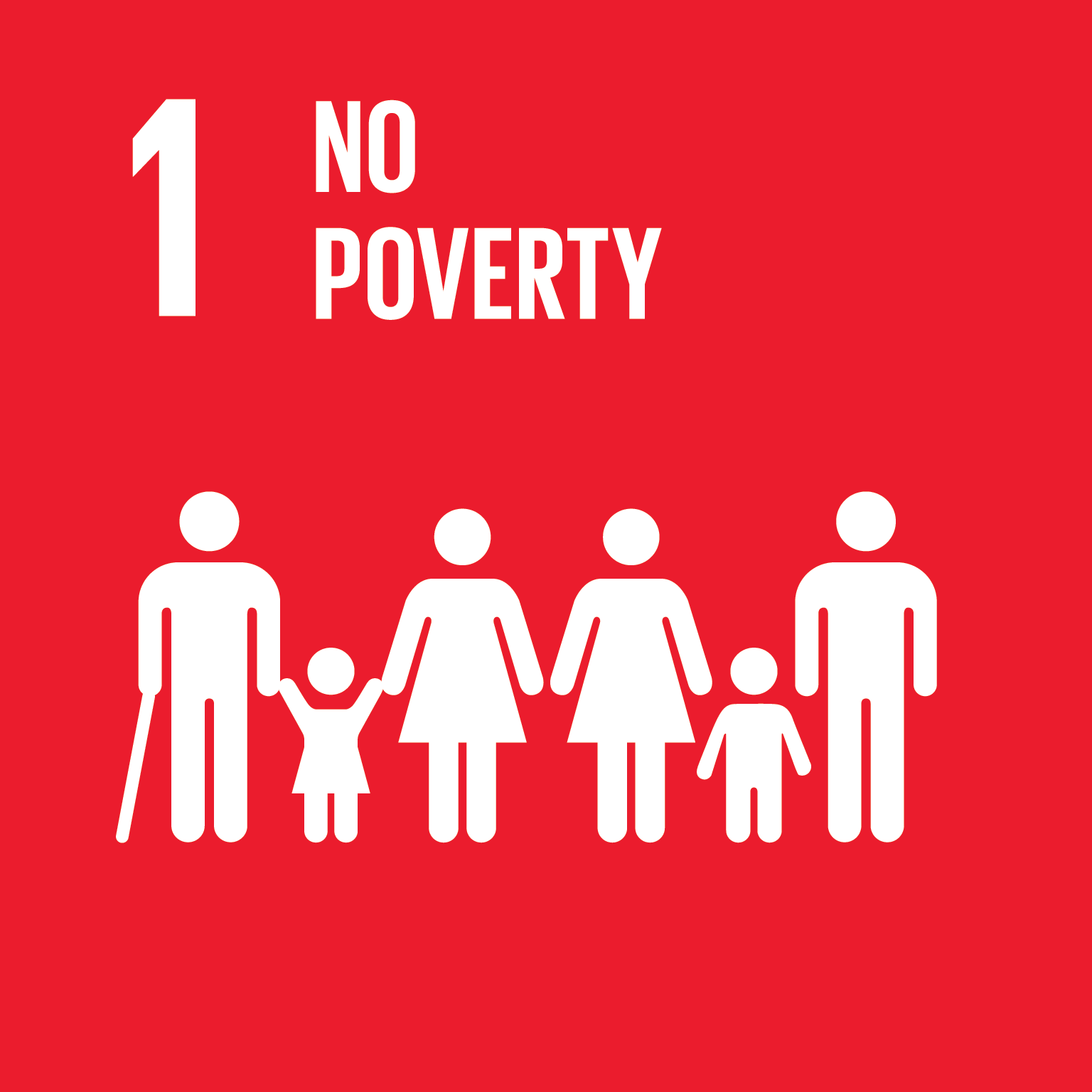 Public Education Infrastructure Development Project
Providing a good environment for students at all levels of education
Public Education Infrastructure Development Project
Providing a good environment for students at all levels of education

Challenges
According to UNICEF (2020), overcrowding in classrooms in Jordan, especially in urban areas, is a major barrier to children’s schooling. While there is an ambitious goal to universalize KG2 (pre-primary education), this has not been accompanied by realistic planning or adequate budget allocations to ensure the supply of KG2 services across the country. Sufficient classroom space is not available to accommodate all the KG2-age children (age five) in Jordan. As such, the educational infrastructure is under mounting pressure due to the large increase in numbers of students, making further investments in both physical and human resources necessary.
Towards a Solution
Education is one of the main drivers for development for every country. The success of development plans depends significantly on the educational system’s ability to create human resources capable of operating and managing the elements of development and achieving social security and political and economic stability.
This project, Public Education Infrastructure Development Project (First Stage), supported by the Kuwait Fund for Arab Economic Development (KFAED), falls within one of the main priorities for the Government of Jordan. The goal is to create the appropriate educational environment for students in the project areas by alleviating classroom overcrowding and reducing the number of rented school buildings. The project is part of the strategic plan of the Ministry of Education in Jordan (2018-2022), which aims to improve the safety and quality of school infrastructure and reduce overcrowding in schools to improve the educational environment through building modern and accessible school buildings.
The project contributes to the achievement of SDG 1 (No Poverty), SDG 4 (Quality Education), 5 (Gender Equality) and 17 (Partnership for the Goals).
The project consists of establishing nine schools, each containing 12 to 18 classrooms, in selected project areas. The area of each school ranges from 2,420 to 4,625 square metres, each building consisting of three or four floors. The project includes civil, electrical and sanitary works necessary for the construction of administration buildings, classrooms and science labs, and the provision of necessary health services and facilities for schools. The project also provides consulting services for the design and supervision of implementation. The first stage of the Public Education Infrastructure Development Project has been completed. KFAED offers co-funding towards construction of the buildings together with the required infrastructure (designs, electrical, water, sanitation, etc.). The Government of Jordan is providing modern curricula, training teachers and covering staff costs.
Developing countries with comparable contexts could implement similar projects. It is important that such projects start with a distinct project strategy, a feasibility study and an understanding of the long-term development benefits of financing such a project. The benefits are the social and economic returns of educating children from an early age, which is shown to help overcome development challenges in a country, such as poverty, poor education attainment and high illiteracy rates.
Contact Information
Countries involved
Supported by
Implementing Entities
Project Status
Project Period
Primary SDG
Primary SDG Targets
Secondary SDGs
Secondary SDG Targets
Similar Solutions
| NAME OF SOLUTION | Countries | SDG | Project Status | |
|---|---|---|---|---|
A Billion Brains: Smarter Children, Healthier Economies High Level Meeting on South-South Cooperation for Child Rights |
Jordan, Kuwait | 17 - Partnerships for the Goals | Completed | View Details |
Accelerating the Implementation of African Union Treaties in São Tomé and Príncipe South-South learning from the Beninese judicial system’s experience in the application of human rights treaties to its national law |
Jordan, Kuwait | 05 - Gender Equality | Completed | View Details |
Accelerating the Transformational Shift to a Low-Carbon Economy in Mauritius Towards supplying 35 percent of the country’s energy needs with renewables by 2025 |
Jordan, Kuwait | 05 - Gender Equality 09 - Industry, Innovation and Infrastructure 13 - Climate Action | Ongoing | View Details |
Access to Justice through e-Services and Dematerialized Case Management Scaling up connectivity and unlocking the digital potential of judicial institutions to enhance access to justice for all |
Jordan, Kuwait | 05 - Gender Equality | Completed | View Details |
ACP Business-friendly Supporting business-friendly and inclusive national and regional policies, and strengthening productive capabilities and value chains |
Jordan, Kuwait | 08 - Decent Work and Economic Growth 17 - Partnerships for the Goals | Ongoing | View Details |
